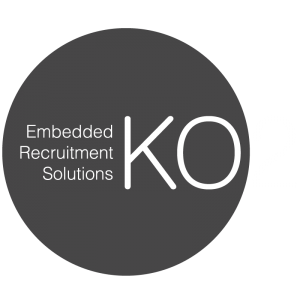What is the average salary of a hardware engineer in the UK?
According to data from Glassdoor, the average annual salary for a hardware engineer is £39,069 in the UK. Those just starting out in the industry can expect to earn closer to £25,000, whilst those that have been working for years and have a more senior position may earn up to £61,000.
What are the top cities with open Hardware Engineer jobs in the UK?
Data from Indeed shows that Cheltenham, Reading, Bristol and Stevenage are some of the top cities for hardware engineer jobs when it comes to how much money employees are being paid. Surprisingly, London is quite low down on this list, with Cambridge, Guildford and Edinburgh all ranking higher for annual salaries.
What is the career path for a hardware engineer?
The majority of hardware engineers begin their careers by studying for a degree in an engineering discipline. Electrical or electronics engineering are pretty popular courses, but things like mechanical engineering and even robotics engineering are also popular.
After gaining a degree, most hardware engineers will get a job in electrical engineering, computer engineering or design engineering with a focus on hardware design. You can gain responsibility and experience as you progress, or may go on to specialise in working with a particular kind of hardware.





